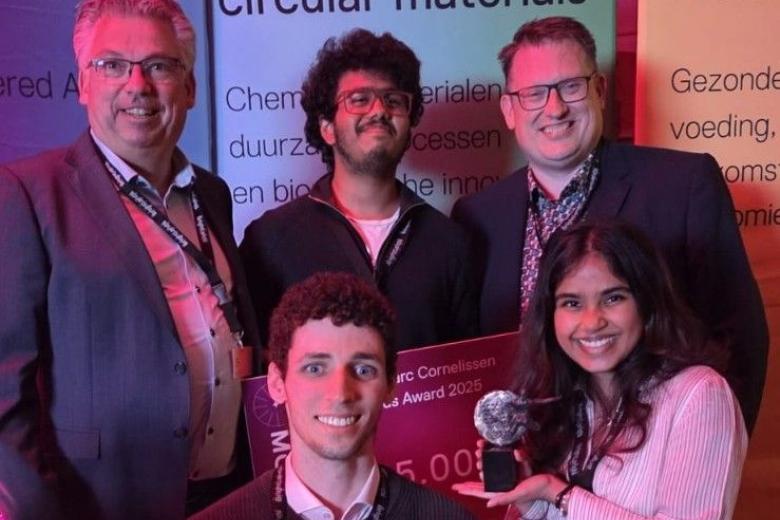MORSE PhD Workshop 2024
On 18 and 19 June 2024, MORSE hosted the 4th annual MORSE PhD Workshop.
All PhDs candidates were invited to present the work related to the themes of the MORSE spearhead initiative, at any stage of development, and they received helpful and interesting feedback from peers and supervisors.
MORSE members, whether or not they were supervising any of the PhD candidates presenting, were invited too, to attend and act as discussants for the presentations.
Despite a limited set of presenters this year, the workshop was full of lively discussions on several interesting topics.
In our first presentation, Sasha Serebriakova discussed the impacts of monetary policy on installations for green energy production in the EU. Her results suggest that central banks raising interest rates may have consequences that are biased in favor of fossil fuel investment. Importantly, this suggests a need for other green monetary policies to stimulate renewable installations while central banks hold high interest rate regimes to combat inflation.
Next, we heard from Roland Bouillot with early stage research on the influence of climate risks on Euro area corporate bond markets. By fusing asset pricing theory, portfolio choice theory and climate risk analysis, he tries to identify signs of financial fragmentation by comparing the resilience and vulnerability of corporate bonds to physical and transition risks. Understanding the utility of certain corporate bonds as hedges against climate risks could be crucial for encouraging green investments in the future. The lively discussion with the audience generated valuable insights and material to help kick-start his study.
Anmol Soni finished off the first day by discussing his research on the relationships between media narratives about climate disasters and the beliefs and perceptions of those disasters by individuals. Using text analysis of media reports alongside a survey in the flood-affected Italian region of Emilia Romagna, he has obtained some fascinating insights on who the public perceives as heroes, villains, and victims in the context of the floods.
Day two began with a presentation by Prescott Morley on a novel approach to modelling the diffusion of sustainable end-use technologies, with a case study on the domestic heating sector in EU countries. A key aspect of the research is to keep the model tractable enough to be used alongside regional or global Integrated Assessment Models (IAMS). When incorporating important behavioral mechanisms, he shows that the uptake of low-carbon, high-cost technologies is slower than standard models would predict, which has important implications for optimal sustainable transition policy design.
Finally, Daria Wijler proposed an alternate approach to detecting indicators of fraud in the public reports of corporations. Many studies assume that corporations trying to hide fraudulent activity will produce overly complex reports that are difficult to understand, but they often find no relationship. Daria and her coauthors, however, allow for the possibility that some corporations might instead choose keep their reports simple and minimalistic in order to avoid exposing their activity. Their results suggest that different firms follow different deceptive strategies, which might explain the null results of existing literature.
Also read
-
Roy Broersma (CEI): Guiding Aestuarium from idea to venture
Roy Broersma, director of the Center for Entrepreneurship & Innovation (CEI) at SBE, has been closely involved in guiding Aestuarium from an early student startup to a growing venture. From spotting their potential during the Brightlands Startup Challenge supporting them through CEI.
-
Despite a less tight labour market no end to shortages in healthcare, education, and tech
Interesting new findings in the report 'The Labour Market by Education and Occupation until 2030' from the Research Centre for Education and the Labour Market (ROA) at Maastricht University.
-
Teacher Information Points at UM
UM faculties now host Teacher Information Points (TIPs) that offer local, “just-in-time” and on-demand support for teaching staff. The aim is simple: to provide help that is closely connected to day-to-day teaching practice.